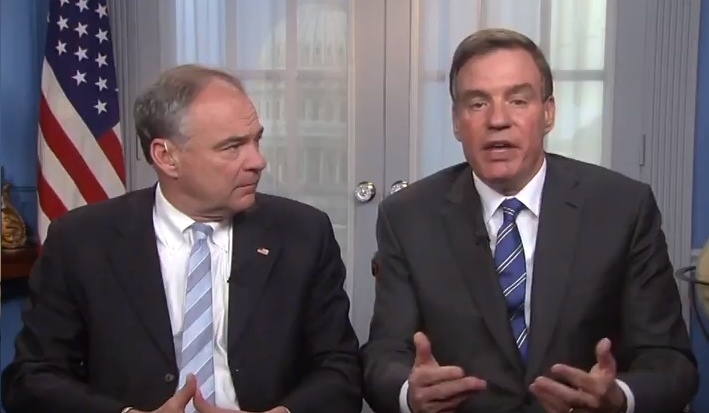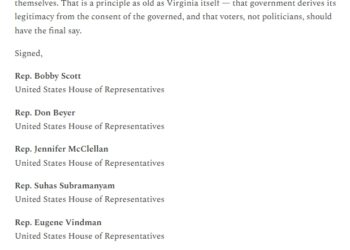In the previous two postings, I’ve described what was unprecedented about civilized societies in the context of the history of life on earth-a life-form unregulated by any order, biological or man-made. (See www.nonesoblind.org/blog/?p=11137.) And I described how that “anarchy” in the system of interacting civilized societies condemned those societies to a struggle for power. (See www.nonesoblind.org/blog/?p=11150.)
But there’s one more piece to the picture that then kicks in to create a truly unwelcome social evolutionary force that is not a function of human nature or human choice, but of the overall system into which humans had unwittingly plunged themselves.
Here’s perhaps the most crucial single passage in The Parable of the Tribes:
**************** **************
The Selection for Power: The Parable of the Tribes
“The new human freedom made striving for expansion and power possible. Such freedom, when multiplied, creates anarchy. The anarchy among civilized societies meant that the play of power in the system was uncontrollable. In an anarchic situation like that, no one can choose that the struggle for power shall cease.
“But there is one more element in the picture: no one is free to choose peace, but anyone can impose upon all the necessity for power. This is the lesson of the parable of the tribes.
“Imagine a group of tribes living within reach of one another. If all choose the way of peace, then all may live in peace. But what if all but one choose peace, and that one is ambitious for expansion and conquest? What can happen to the others when confronted by an ambitious and potent neighbor? Perhaps one tribe is attacked and defeated, its people destroyed and its lands seized for the use of the victors. Another is defeated, but this one is not exterminated; rather, it is subjugated and transformed to serve the conqueror. A third seeking to avoid such disaster flees from the area into some inaccessible (and undesirable) place, and its former homeland becomes part of the growing empire of the power-seeking tribe. Let us suppose that others observing these developments decide to defend themselves in order to preserve themselves and their autonomy. But the irony is that successful defense against a power-maximizing aggressor requires a society to become more like the society that threatens it. Power can be stopped only by power, and if the threatening society has discovered ways to magnify its power through innovations in organization or technology (or whatever), the defensive society will have to transform itself into something more like its foe in order to resist the external force.
“I have just outlined four possible outcomes for the threatened tribes: destruction, absorption and transformation, withdrawal, and imitation. In every one of these outcomes the ways of power are spread throughout the system. This is the parable of the tribes.
“The parable of the tribes is a theory of social evolution which shows that power is like a contaminant, a disease, which once introduced will gradually yet inexorably become universal in the system of competing societies. More important than the inevitability of the struggle for power is the profound social evolutionary consequence of that struggle once it begins. A selection for power among civilized societies is inevitable. If anarchy assured that power among civilized societies could not be governed, the selection for power signified that increasingly the ways of power would govern the destiny of mankind. This is the new evolutionary principle that came into the world with civilization. Here is the social evolutionary black hole that we have sought as an explanation of the harmful warp in the course of civilization’s development…
“Selection sorts through the wide variety of cultural possibilities, inexorably spreading the ways of power…
“The competitive power of a society is a function of many components of its culture. The way it is organized – politically, socially, and economically – is important. Vital, too, is its technology. Ideology and the psychological structure of the people are also essential determinants of a society’s power.
“The consistent selection for power, therefore, can shape the whole cultural life of civilized peoples in its many dimensions.”
“Among all the cultural possibilities, only some will be viable. The selection for power can discard those who revere nature in favor of those willing and able to exploit it. The warlike may eliminate the pacifistic; the ambitious, the content. Civilized societies will displace the remaining primitives, modern industrial powers will sweep away archaic cultures. The iron makers will be favored over those with copper or no metallurgy at all, and the horsemen will have sway over the unmounted. Societies that are coherently organized and have strong leadership will make unviable others with more casual power structures and more local autonomy.
“As the parable of the tribes spreads the ways of power, what looked like open-ended cultural possibilities are channeled in a particular, unchosen direction.”

![[UPDATED with Official Announcement] Audio: VA Del. Dan Helmer Says He’s Running for Congress in the Newly Drawn VA07, Has “the endorsement of 40 [House of Delegates] colleagues”](https://bluevirginia.us/wp-content/uploads/2026/02/helmermontage.jpg)
















